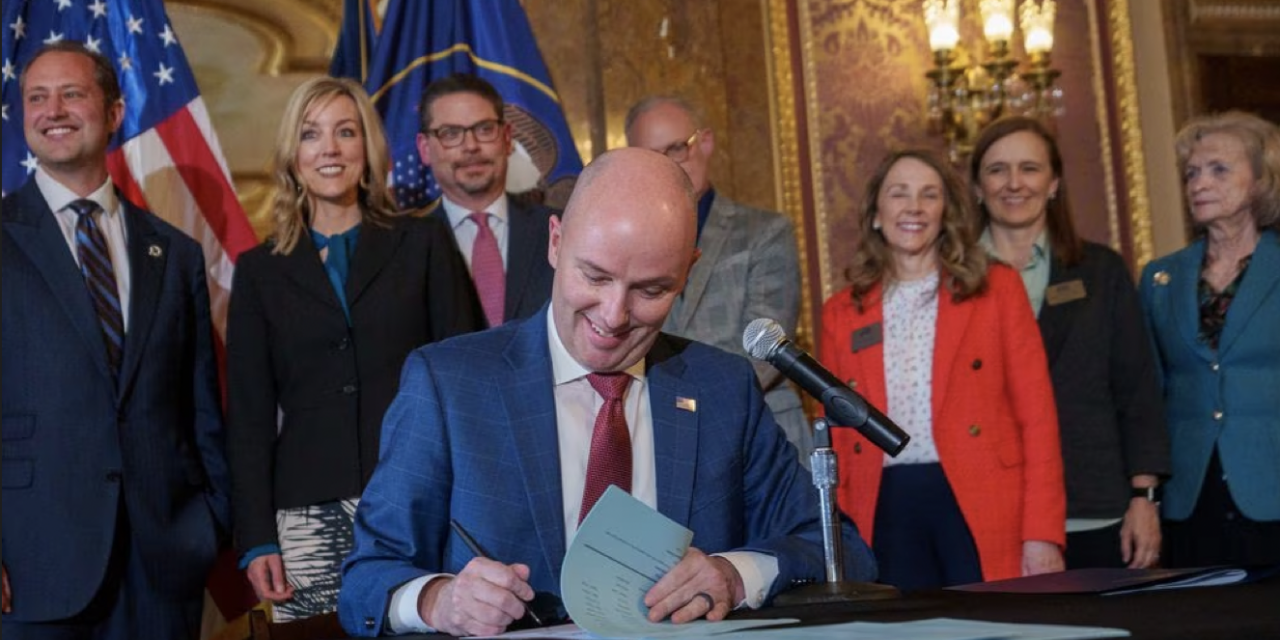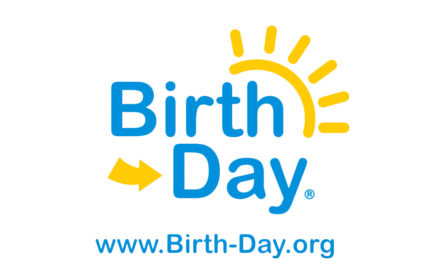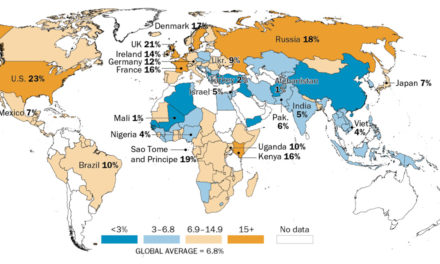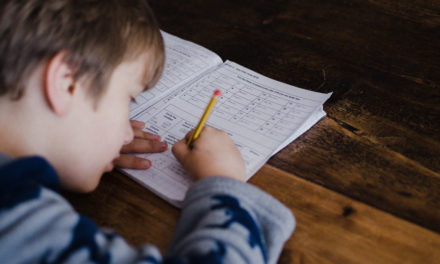Utah has become the first state to enact strategic and consequential legislation to protect children and families from the toxic influences of social media. Governor Spencer Cox signed two measures at the state’s Capitol in Salt Lake City on Thursday after they passed through Utah’s Republican supermajority legislature. This was the same day TikTok CEO Shou Zi Chew sat before the House Energy and Commerce Committee in Washington D.C. for some five hours of questioning on the safety and security of that app.
“This is something that is killing our kids,” Gov. Cox said earlier this month. “It’s the addictive qualities of social media that are intentionally being placed by these companies to get our kids addicted, and they know it’s harming them.”
These two new Utah laws do 5 things to protect families and children.
- Requires parental consent before children can sign up for social media sites like Instagram and TikTok.
- Ensures mom and dad have open access to their child’s account, including all posts and private messages.
- Prohibits all kids under 18 from using social media between 10:30 p.m. and 6:30 a.m.
- Requires age verification for anyone who wants to use social media in the state.
- Prevents tech companies form luring youth to use their apps with addictive features.
Of course, tech voices immediately called foul, claiming such limits are a violation of “fundamental rights.” Nicole Saad Bembridge, associate director of NetChoice Litigation Center, called such laws “unconstitutional” claiming they violate First Amendment rights. But no, common sense laws empowering responsible parenting are not a violation of the Constitution.
These measures thankfully put parents more in control of being able to determine what their kids are protected from online and when. Arkansas, Texas, Ohio, New Jersey, and Louisiana have similar legislation moving through their state houses. California enacted a law last year requiring tech companies to put kids’ safety first by barring them from profiling children or using personal information in ways that could harm children physically or mentally.
The Daily Citizen recently explored the deep, negative impact that social media is having on our children. Professor Jean Twenge of San Diego State University is a leader in this field of research. She demonstrates how dramatically it is dumbing down our children and leaving them increasingly depressed and hopeless.
She has written, “Major depression (clinical-level depression that requires treatment) doubled between 2011 and 2019 among American teens. It then continued increasing into 2020 for girls.” (emphasis added)
University of Virginia sociologist Brad Wilcox, who advised Gov. Cox and the Utah legislature on these bills, explains, “A mounting body of evidence suggests that social media contributes to the skyrocketing rates of anxiety and depression among teens.” This is such a dramatic problem that he contends “It’s time to treat big tech like big tobacco.”
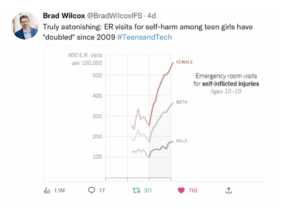
Wilcox explains,
A mounting body of evidence indicates that Big Tech is heavily implicated in the skyrocketing psychological problems of our nation’s adolescents. One recent study found that teens who devote more than eight hours a day to screen time were about twice as likely to be depressed as their peers who were on screens less often than that.
Additionally, authors of a brand new study published in the journal Comprehensive Psychiatry explain “that rates of teen and adolescent depression, anxiety, and suicidal ideation have risen precipitously since the advent of social media and smartphones is likely no coincidence.”
But they add this is leading to a new phenomenon they refer to as “Performative Mental Illness.” Such youth “appear to incorporate their perceived illness into their self-identity and glamorize it within their communities.”
These scholars note, “The origins of this mental-illness-as-identity phenomenon can be traced to other social media platforms that were popular before the emergence of TikTok, such as Tumblr and Instagram.”
More states should follow the strong and well-informed leadership that Utah has demonstrated in protecting our children from the very toxic and psychologically destructive influences of the 24/7 drumbeat of social media. Their protection is our responsibility.

